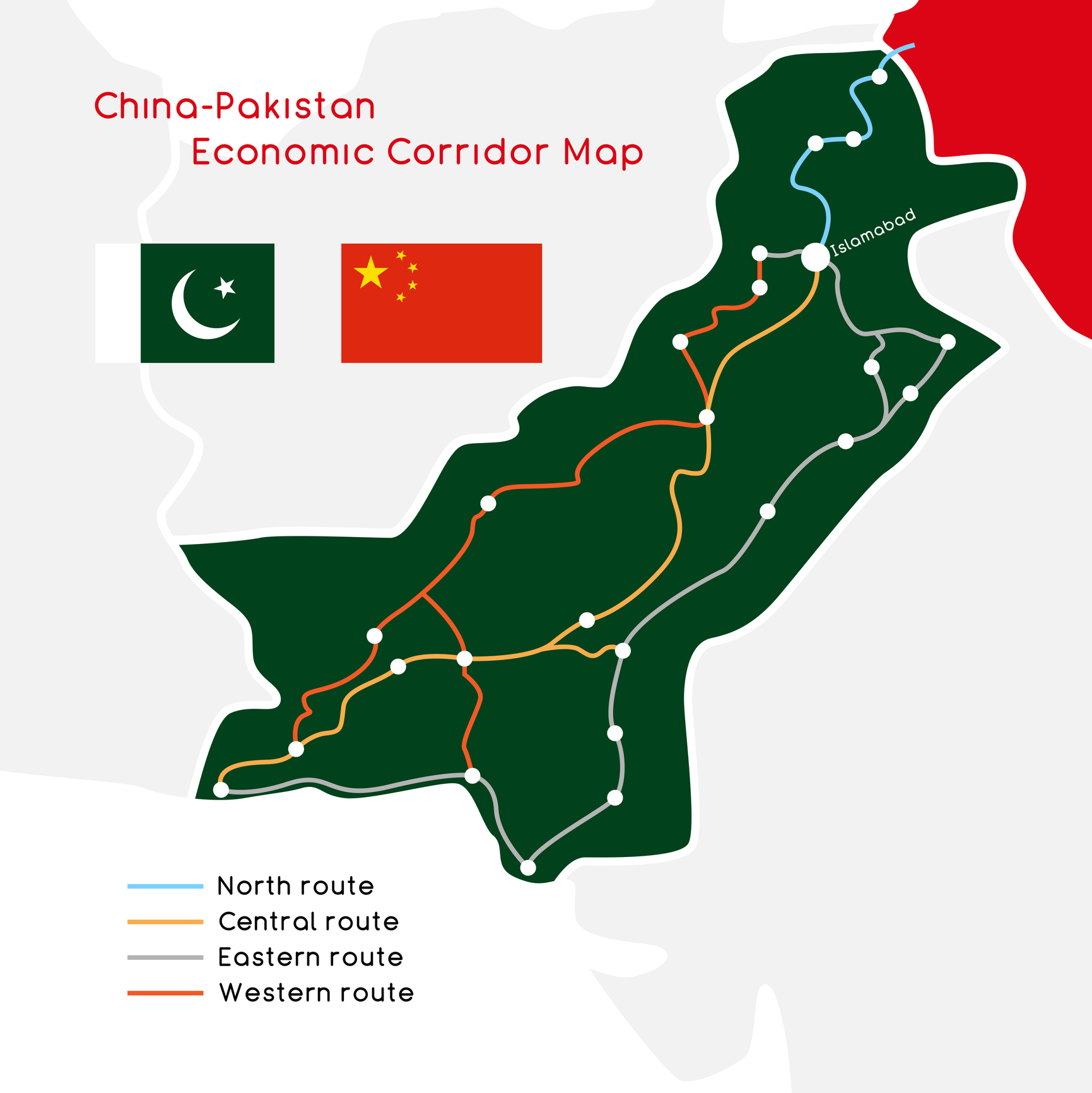
Celebrated as a game-changer, the China-Pakistan Economic Corridor (CPEC) offers Pakistan never-before-seen infrastructure development and economic potential. The largest and most resource-rich region in Pakistan, Balochistan, is at the center of this enormous endeavor. This means that for the province and for its citizens, it is important that development is sustainable and that it is made for the welfare of all people and not only some; though CPEC can bring about a radical change in Balochistan’s socio-economic setting.
Due to its advantageous position and abundance of natural resources, Balochistan is essential to the success of the CPEC. The Gwadar Port is expected to emerge as a leading trade and economic center opening the Pakistan market for the international market. Investment in the construction of roads, railways, and energy are some of the works which are expected to bring economic transformation, apart from promoting employment opportunity. CPEC provides an opportunity for a long-marginalized province to enjoy fully the prospects of its economy and the general welfare.
However, the benefits of CPEC in Balochistan have been met with skepticism and concern among the local population. Fear of economic marginalization is one of the main obstacles. Despite the potential for growth, many Baloch feel that they have not been adequately included in the planning and execution of CPEC projects. A rising number of people believe that the economic gains of CPEC are going to a select few, especially in other provinces, while Balochistan still suffers from underdevelopment, unemployment, and poverty.
This sense of alienation is only heightened by the lack of local representation in decision-making processes. Local populations must be included in all project phases, from planning to execution, for the CPEC to actually benefit Balochistan. This means making certain that citizens are fairly compensated for their contributions to the province’s economy and have a say in how its resources are allocated. Building infrastructure is only one aspect of inclusive growth; another is empowering local communities and attending to their needs and concerns.
It is also required to address short and long-term social and environmental impacts of CPEC projects in Balochistan for integrated resource-endowed province’s sustainable development. Significant environmental effects can result from large-scale infrastructure development, especially in an area as ecologically delicate as Balochistan. The sustainability of the environment is always a consideration while building ports, roadways, and industrial zones. To minimize any negative effects on the area’s natural resources, thorough environmental impact studies and policy implementation are required.
Moreover, social sustainability is as important. Social changes brought about by the CPEC’s labor and corporate migration have the potential to upend local communities. The socioeconomic and cultural makeup of Balochistan must be considered in the management of these changes. This can be accomplished by offering locals education and training programs so they are prepared to seize the new chances that CPEC presents. Furthermore, initiatives to uphold the rights of local employees and guarantee their just compensation for their labor should be undertaken.
Balochistan is also quite concerned about security, particularly in light of the CPEC. The province has long been beset by insurgency and upheaval, which presents serious risks to the corridor’s sustainability. Although it is crucial to protect CPEC staff and projects, local residents’ rights and liberties shouldn’t be sacrificed in the process. It is necessary to achieve a balance between security and development: combating vulnerabilities at the heart of the problem, including political and economic exclusion, and at the same time contributing to regional stabilization.
To summarize, CPEC has the potential to improve Balochistan, but only if it is inclusive and sustainable. The federal and provincial governments, including Chinese stakeholders should give primacy to the needs of people in Balochistan. This includes engaging them in the decision-making; providing economic opportunities for their flourishing leading to an environmental intervention that is economically viable besides addressing social and security challenges. Therefore, CPEC has the enormous capacity to carry a far better as well as fairer future for Balochistan — going by progressive and sustainable development together.
